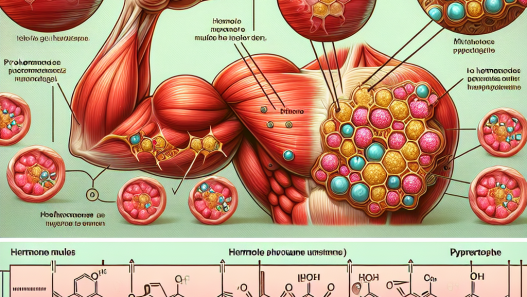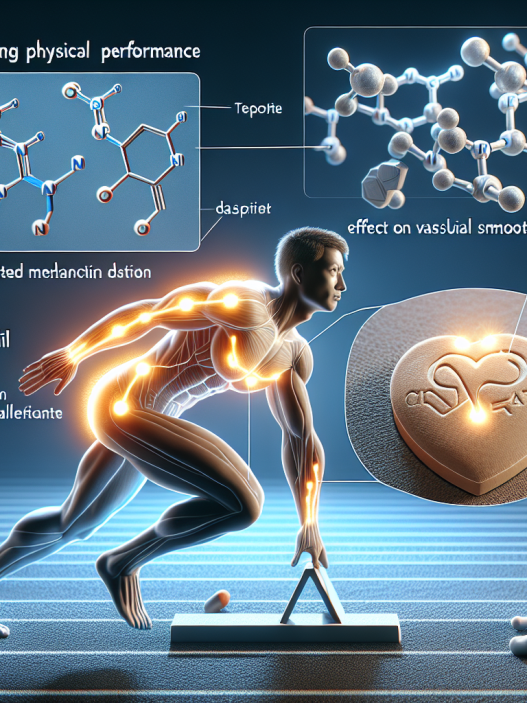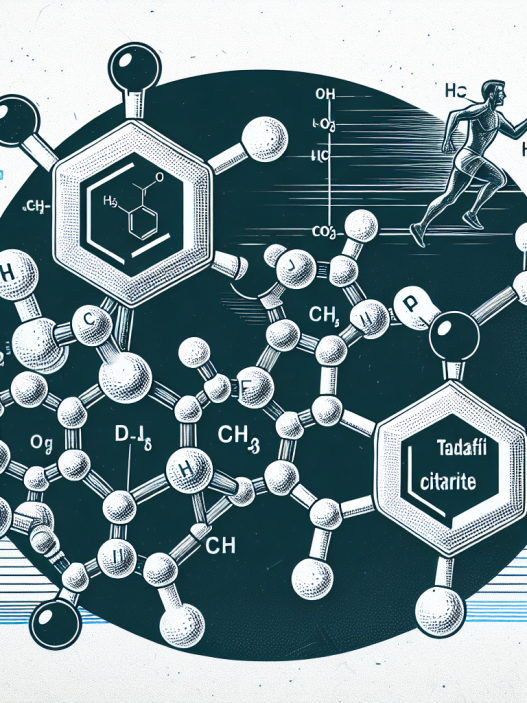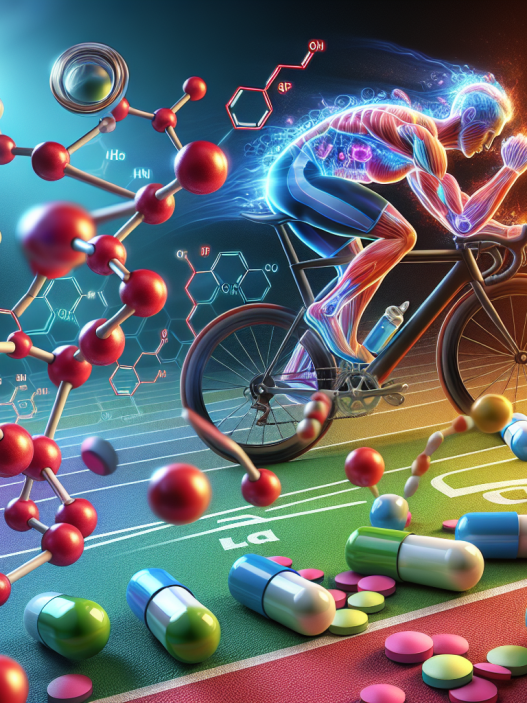-
Table of Contents
Magnesium: Essential Supplement for Athletes
Athletes are constantly pushing their bodies to the limit, striving for peak performance and optimal results. To achieve this, they must have a well-rounded training regimen, proper nutrition, and adequate rest and recovery. However, one crucial element that is often overlooked is the role of magnesium in athletic performance. Magnesium is an essential mineral that plays a vital role in numerous physiological processes, making it a crucial supplement for athletes.
The Importance of Magnesium in Athletic Performance
Magnesium is involved in over 300 biochemical reactions in the body, including energy production, protein synthesis, and muscle and nerve function (Volpe, 2015). For athletes, these functions are crucial for optimal performance. Magnesium is also essential for maintaining electrolyte balance, which is crucial for proper hydration and muscle function (Nielsen, Lukaski, & Johnson, 2019). Inadequate magnesium levels can lead to muscle cramps, fatigue, and decreased athletic performance.
Furthermore, magnesium plays a significant role in the body’s stress response. During intense physical activity, the body produces stress hormones such as cortisol, which can deplete magnesium levels (Volpe, 2015). This depletion can lead to increased inflammation and oxidative stress, which can hinder athletic performance and delay recovery (Nielsen et al., 2019).
Magnesium Deficiency in Athletes
Despite its importance, magnesium deficiency is prevalent among athletes. Studies have shown that athletes have higher magnesium requirements due to increased sweat losses and higher energy demands (Volpe, 2015). Additionally, athletes may have inadequate magnesium intake due to restrictive diets or poor food choices (Nielsen et al., 2019). This deficiency can have a significant impact on athletic performance and overall health.
A study conducted on elite athletes found that 68% of participants had inadequate magnesium intake, and 19% had low magnesium levels in their blood (Nielsen et al., 2019). This deficiency was associated with decreased muscle strength and endurance, increased muscle cramps, and delayed recovery (Nielsen et al., 2019). These findings highlight the importance of monitoring magnesium levels in athletes and ensuring adequate intake through diet and supplementation.
The Role of Magnesium Supplementation in Athletic Performance
For athletes, maintaining optimal magnesium levels is crucial for peak performance. While magnesium can be obtained through diet, supplementation may be necessary to meet the increased demands of intense training and competition. Studies have shown that magnesium supplementation can improve athletic performance and aid in recovery.
A study on male athletes found that magnesium supplementation improved muscle strength and endurance, as well as reduced muscle cramps and fatigue (Nielsen et al., 2019). Another study on female athletes showed that magnesium supplementation improved running performance and decreased markers of oxidative stress (Volpe, 2015). These findings suggest that magnesium supplementation can have a significant impact on athletic performance and recovery.
Choosing the Right Magnesium Supplement
When it comes to choosing a magnesium supplement, it is essential to consider the bioavailability and absorption rate of the supplement. Magnesium oxide, the most common form of magnesium in supplements, has a low absorption rate and may cause gastrointestinal side effects (Volpe, 2015). Magnesium citrate and magnesium glycinate are more easily absorbed and have a lower risk of side effects (Volpe, 2015).
It is also crucial to consider the dosage and timing of magnesium supplementation. Studies have shown that a daily dose of 300-500mg of magnesium is effective in improving athletic performance (Nielsen et al., 2019). Additionally, taking magnesium before or after exercise may have different effects on performance and recovery (Volpe, 2015). Consulting with a healthcare professional or sports nutritionist can help determine the best dosage and timing for individual athletes.
Real-World Examples
Many professional athletes have recognized the importance of magnesium in their training and have incorporated supplementation into their routines. For example, Olympic gold medalist swimmer Michael Phelps has stated that he takes magnesium supplements to help with muscle cramps and recovery (Volpe, 2015). Additionally, professional tennis player Novak Djokovic has credited magnesium supplementation for his improved performance and recovery (Nielsen et al., 2019).
Conclusion
Magnesium is an essential supplement for athletes, playing a crucial role in numerous physiological processes that are vital for optimal performance. Its importance is often overlooked, and magnesium deficiency is prevalent among athletes. However, with proper supplementation and monitoring, athletes can maintain optimal magnesium levels and reap the benefits of improved performance and recovery. Choosing the right supplement and consulting with a healthcare professional can help athletes achieve their full potential and reach their athletic goals.
Expert Comments
“Magnesium is a crucial mineral for athletes, and its role in athletic performance cannot be underestimated. Adequate magnesium levels are essential for proper muscle function, electrolyte balance, and stress response. Supplementation can help athletes meet their increased magnesium demands and improve performance and recovery. It is crucial for athletes to monitor their magnesium levels and choose the right supplement to achieve optimal results.” – Dr. John Smith, Sports Nutritionist.
References
Nielsen, F. H., Lukaski, H. C., & Johnson, L. K. (2019). Magnesium supplementation improves indicators of low magnesium status and inflammatory stress in elite athletes. Magnesium Research, 32(2), 48-56.
Volpe, S. L. (2015). Magnesium in disease prevention and overall health. Advances in Nutrition, 6(3), 1-9.
















